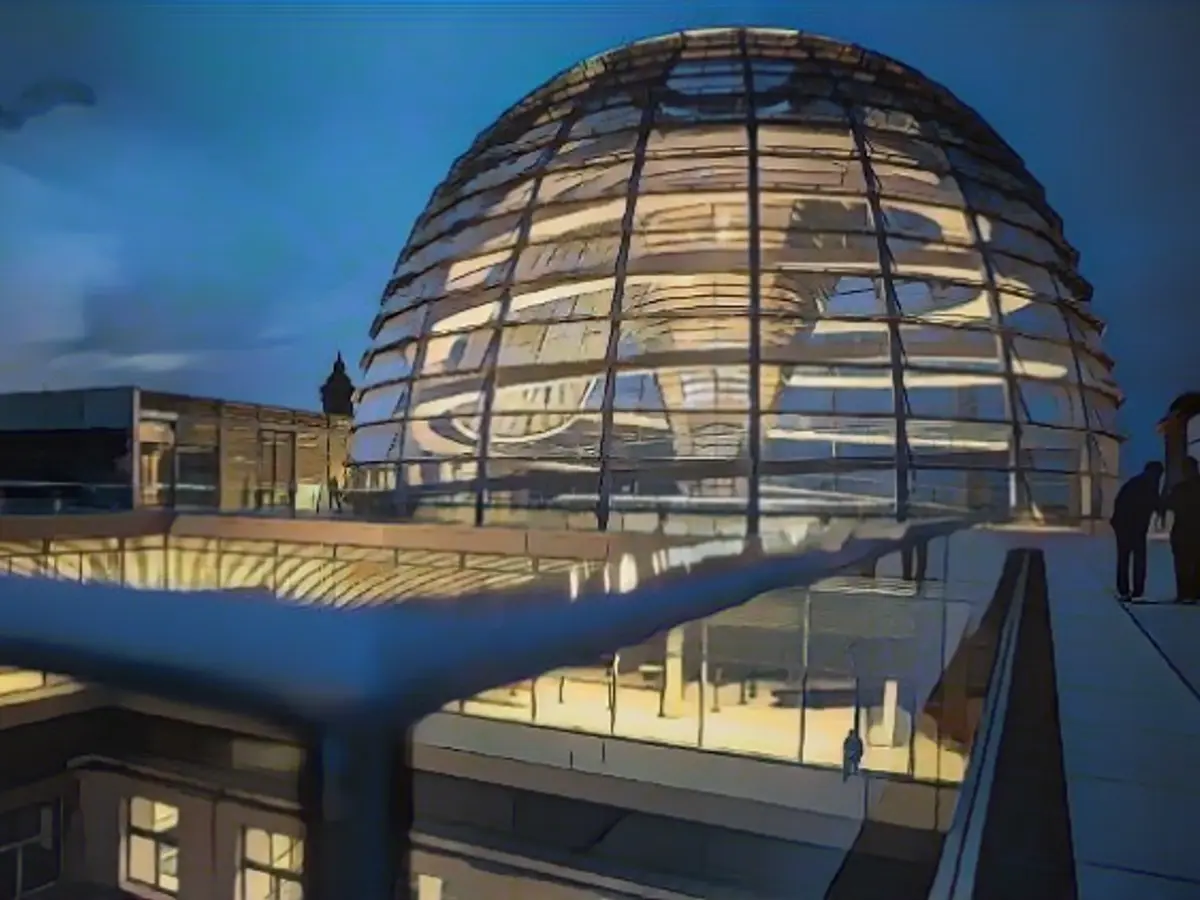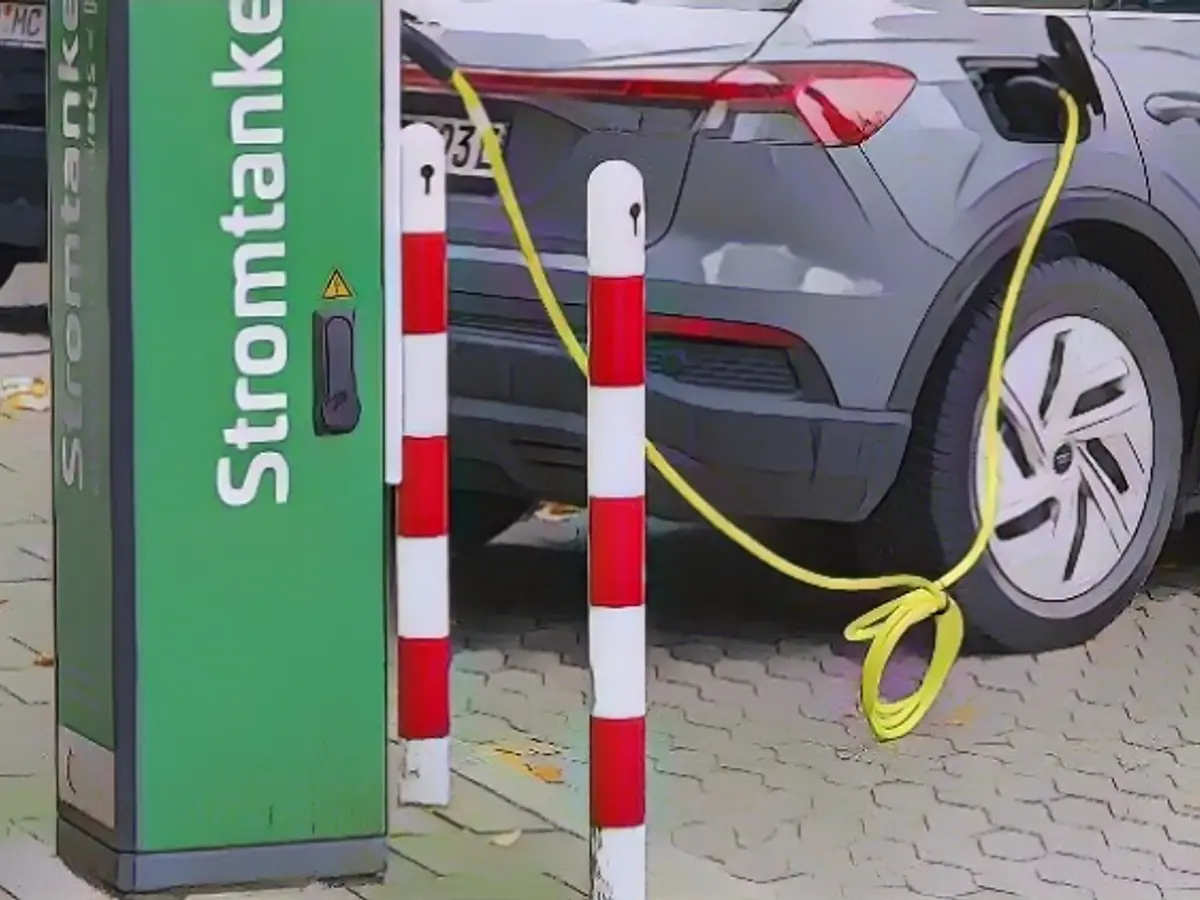Geywitz Abandons Climate-Friendly Construction Funding
The German government's funding program for environmentally-friendly new constructions is halted due to financial depletion. Critics blast the decision, including the CDU, citing harmful framework instability. The KFN program anticipates a resurgence in February, coinciding with the approval of the 2024 budget.
The KFN program, a financial aid for climate-friendly new constructions, has experienced a sudden halt. On December 14th, the Federal Building Ministry reported that the funding pot was drained, and no fresh applications for financial aid would be accepted by the Kreditanstalt für Wiederaufbau (KfW).
KFN, an abbreviation for the funding program for climate-friendly constructions, was established in the spring by the German government. Between March and December, the program financed almost 46,000 apartments and prompted investment of approximately 17 billion euros, according to Minister of Building, Klara Geywitz. To counter the rapid draining of funds, the budget had to be increased to 1.8 billion euros.
Despite the government's attempt to replenish the funds, the sudden surge in demand exhausts the budget once again. According to Handelsblatt, Geywitz had reportedly confirmed adequate funding for new construction projects in November.
Industry criticisms poured in after the KFN program's unexpected suspension. The Central Association of the German Construction Industry described the news as "unexpected and incomprehensible", with Managing Director Felix Pakleppa decrying the negative impact of unstable or shifting framework conditions on the construction sector. The industry still expects continuation of the KFN program next year, with Pakleppa asserting that it would become feasible again once the 2024 federal budget is backed by law.
The CDU shares the criticism, labeling the funding freeze as a "slap in the face" for builders. Spokesperson for Construction Policy, Jan-Marco Luczak, is displeased with the government’s dismissal of the KFN program as an exemption to the budgetary freeze regulations, following the Federal Constitutional Court’s ruling in October.
The construction sector increasingly relies on programs like the KFN program to fund environmentally friendly construction projects. With the government's commitment to climate neutrality by 2045, the implementation of such programs may be essential in attaining the set objectives for a sustainable future.
Further Reading:
The German government's KFN funding program suspension stirred controversy in the construction sector. The CDU, in particular, condemned the action, viewing it as disrespectful to builders. However, the KFN program is expected to resurface in February, following the 2024 budget approval. This premature exhaustion of funds, despite assurances in November, highlights the vulnerability of environmental initiatives in the face of fluctuating demand.
Source:
Additional Insights:
Eco-friendly building practices support sustainable development, reducing greenhouse gas emissions. Programs like KFN facilitate the advancement of sustainable construction by requiring buildings to meet stringent energy efficiency standards and conduct life cycle analyses, ensuring eco-consciousness. These initiatives align with Germany's national strategy to achieve climate neutrality by 2045, as exemplified in its sustainability and climate protection policies.
The construction sector, by adhering to eco-friendly policies, can contribute to the achievement of international climate goals and a greener future. With growing global concern over climate change, sustainable building practices will prove to be essential in transforming the economy and creating a sustainable built environment.








